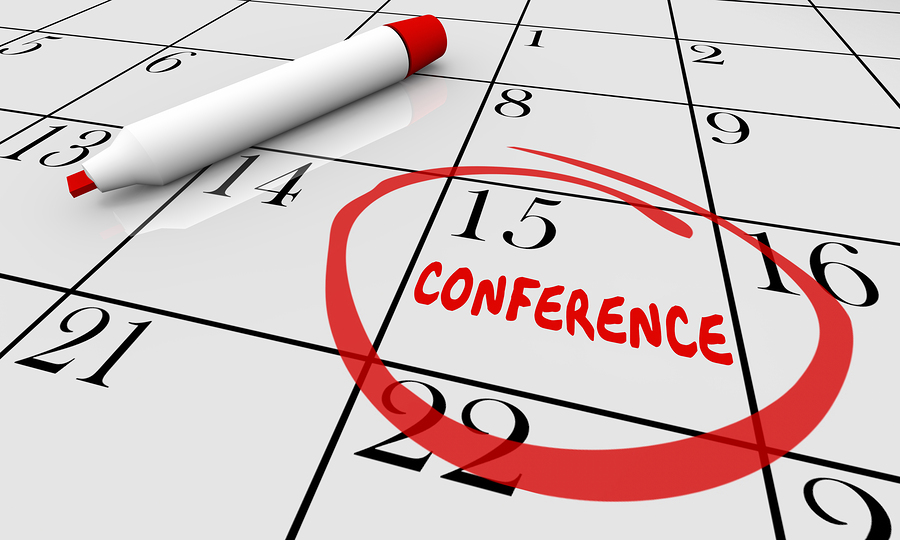You just spent many hours, even days, at a writers conference. You go home to a pressing question: “Now what?”
What do you do when you return from a writers conference? Tell us in the comments below. Meanwhile, I’ll share some thoughts.
Re-entry Blues
Coming down from the high of a retreat or a conference can be a jolt. Especially when the daily routines kick in. Make sure to avoid resenting the routine. Work, family, marriage, and other responsibilities have their priority.
Reread Your Notes
A week or so after the conference, pull out all the notes you took during the presentations. Consider recopying them into another notebook so that you can decipher your hieroglyphics while they still might be translatable.
Please don’t toss the material in the drawer to be forgotten. Even if your experience was disappointing in some way, there is gold in those notes.
The Advantage of Audio
If you spend time alone in the car or exercising, consider using some of that time to listen again to the classes you took. Or listen to the audio of the classes you missed.
Set Your Expectations
This one is key. If you got a “hit” at the conference with an editor or an agent, make sure you truly grasp how much of a “hit” it was. If they said, “Send it to me,” don’t run home and press the send button on your email. Make sure what you send is ready! You might have learned a few tricks that can make your manuscript that much better.
Just because an editor or an agent says “send it,” doesn’t mean they are sitting at their desk in rapt anticipation of its arrival. Instead, see their comment as an open door to approach them with your best work.
I had one writer beg me to become her agent because she knew she was going to be getting a contract right after the conference. She was wrong. A distracted editor, in a hallway, said, “Send it to me” … nothing more. The writer thought she heard, “I love it, I’m sending you a contract next week.” Don’t make that mistake.
But, if they said, “Send it,” send it. You’d be amazed how many people never follow up on the opportunity I give them. It doesn’t mean a guarantee of success if I do see it, but at least I see it. If it is never sent, you can guarantee I’ll never see it. (!!!)
Your Turn
What are the things you do when you get home from a conference–besides the laundry?











